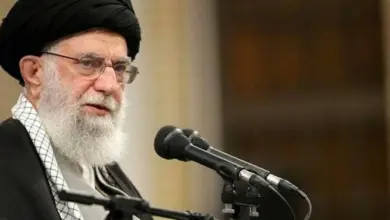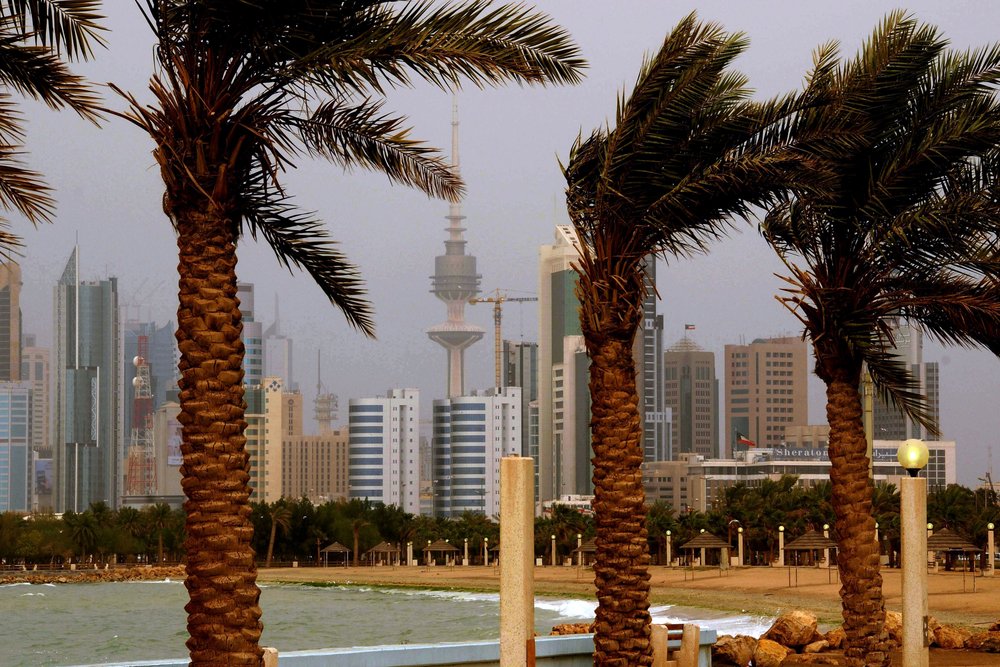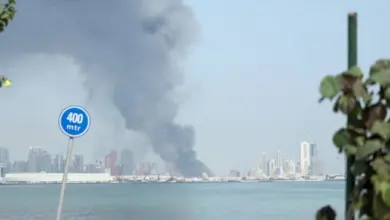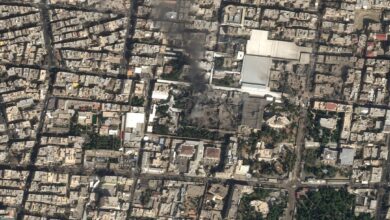Tehran–President Mahmoud Ahmadinejad has approved the sites for new uranium enrichment plants in Iran, a close aide said on Monday, despite growing world pressure to stop the sensitive nuclear work.
Ahmadinejad’s senior adviser Mojtaba Samareh Hashemi told the ILNA news agency that the hardliner had “approved the locations of the new nuclear sites” and the “construction at these sites will start with his order.”
He said the designs of the new plants were currently under study but did not specify how many new facilities had been approved.
Israeli Prime Minister Benjamin Netanyahu, meanwhile, called on the international community to stop Iran from importing gasoline as part of a regime of “crippling sanctions.”
“If you stop … Iran from importing… petroleum, … then Iran simply doesn’t have refining capacity and this regime comes to a halt. I think that’s crippling sanctions,” he said on ABC News television.
Netanyahu suggested that countries bypass the UN Security Council, where China and Russia have resisted tougher sanctions, and take action as a “coalition of the willing.”
In November 2009, a defiant Ahmadinejad announced Iran would build 10 new uranium enrichment plants after Tehran was censured by the UN nuclear watchdog for constructing its second such facility near the Shiite shrine city of Qom.
Iran’s atomic chief Ali Akbar Salehi said in April that plans for two new enrichment plants had been submitted to Ahmadinejad and their construction would start in the first half of the Iranian year, which runs to March 2011.
Tehran currently enriches uranium at a plant in the central city of Natanz in defiance of repeated Security Council ultimatums to suspend the sensitive process.
Iran is already under three sets of UN sanctions and the possibility of a fourth looms large as Washington steps up efforts to secure agreement at the Security Council.
The five veto-wielding permanent members — Britain, China, France, Russia and the United States — are currently engaged in intense negotiations over the details of a new package.
China, which has emerged as Iran’s main economic partner, is still insisting on a diplomatic solution to the crisis.
Scoffing at the threat of new sanctions, Iranian Commerce Minister Mehdi Ghazanfari said Tehran’s ties with China were “very deep and expansive.”
“I have been told there are many (Chinese) investors on their way. I believe we have a lot we can do with China,” the minister told a press conference in Tehran.
The standoff between the world powers and Iran worsened after talks between them failed to produce agreement on proposals for the supply of nuclear fuel drafted by the UN nuclear watchdog last October.
The deal envisaged Iran shipping its low-enriched uranium abroad in return for the supply by Russia and France of the higher-enriched uranium fuel required for a Tehran medical research reactor.
But the negotiations ran into difficulty after Iran insisted the exchange take place simultaneously and on its own soil, conditions rejected by the major powers.
Iranian Foreign Minister Manouchehr Mottaki insisted on Sunday that a deal could still be done in “two weeks” if there was the diplomatic will.
He said Iran planned to open negotiations with all 15 members of the Security Council in search of an agreement.
“In the coming days, we have plans to have direct talks with 14 members of the Security Council and one (set of) indirect talks with a member,” he said, in reference to Washington, which does not have diplomatic ties with Tehran.
His remarks are not expected to assuage the growing exasperation of Western governments, still furious over Iran’s decision to start enriching uranium itself in February to the 20-percent level required by the Tehran reactor.
Washington has argued repeatedly that only a new round of sanctions will persuade Tehran to enter serious negotiations.




